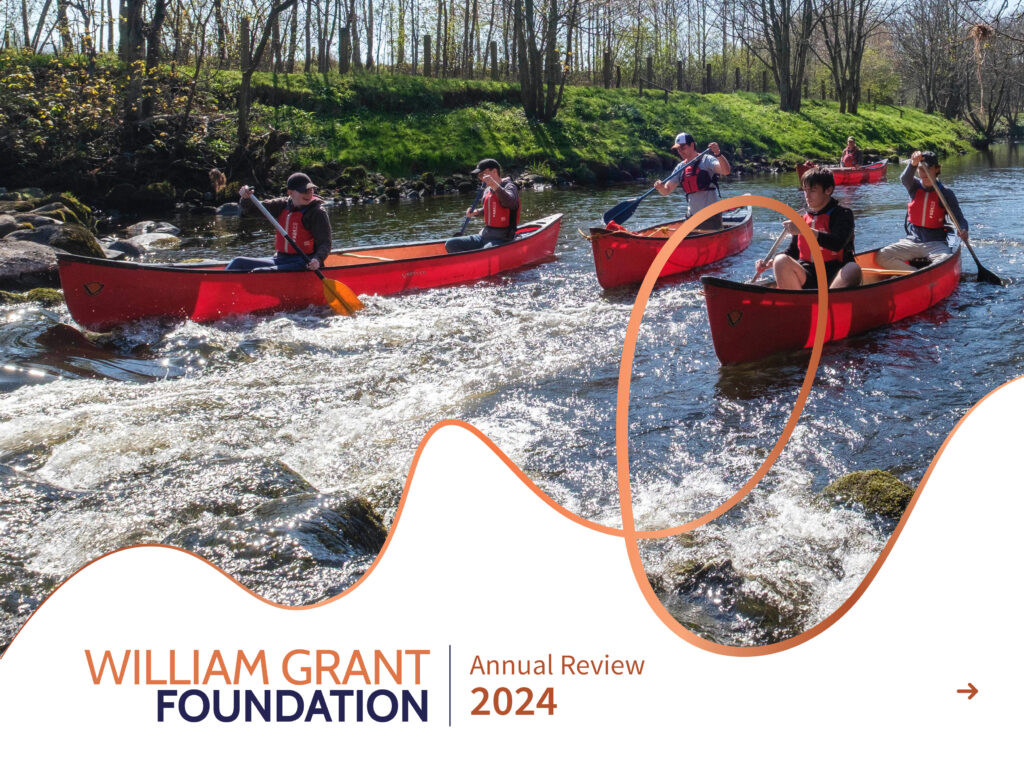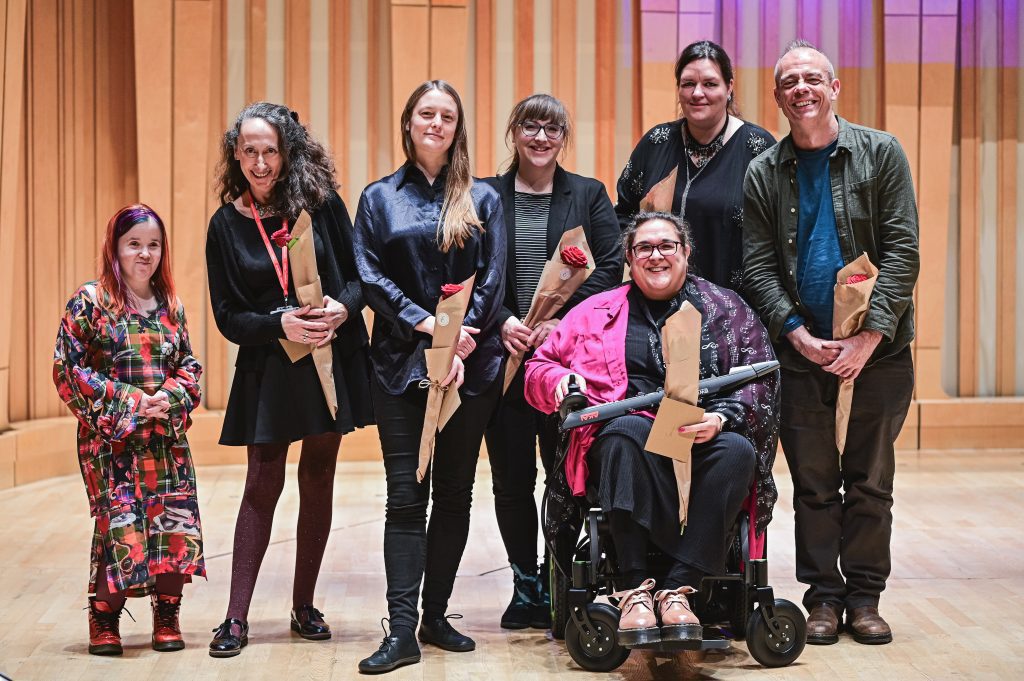1 May 2025
An exploration of why festivals matter, plus some dates for your diary.
Nick Addington
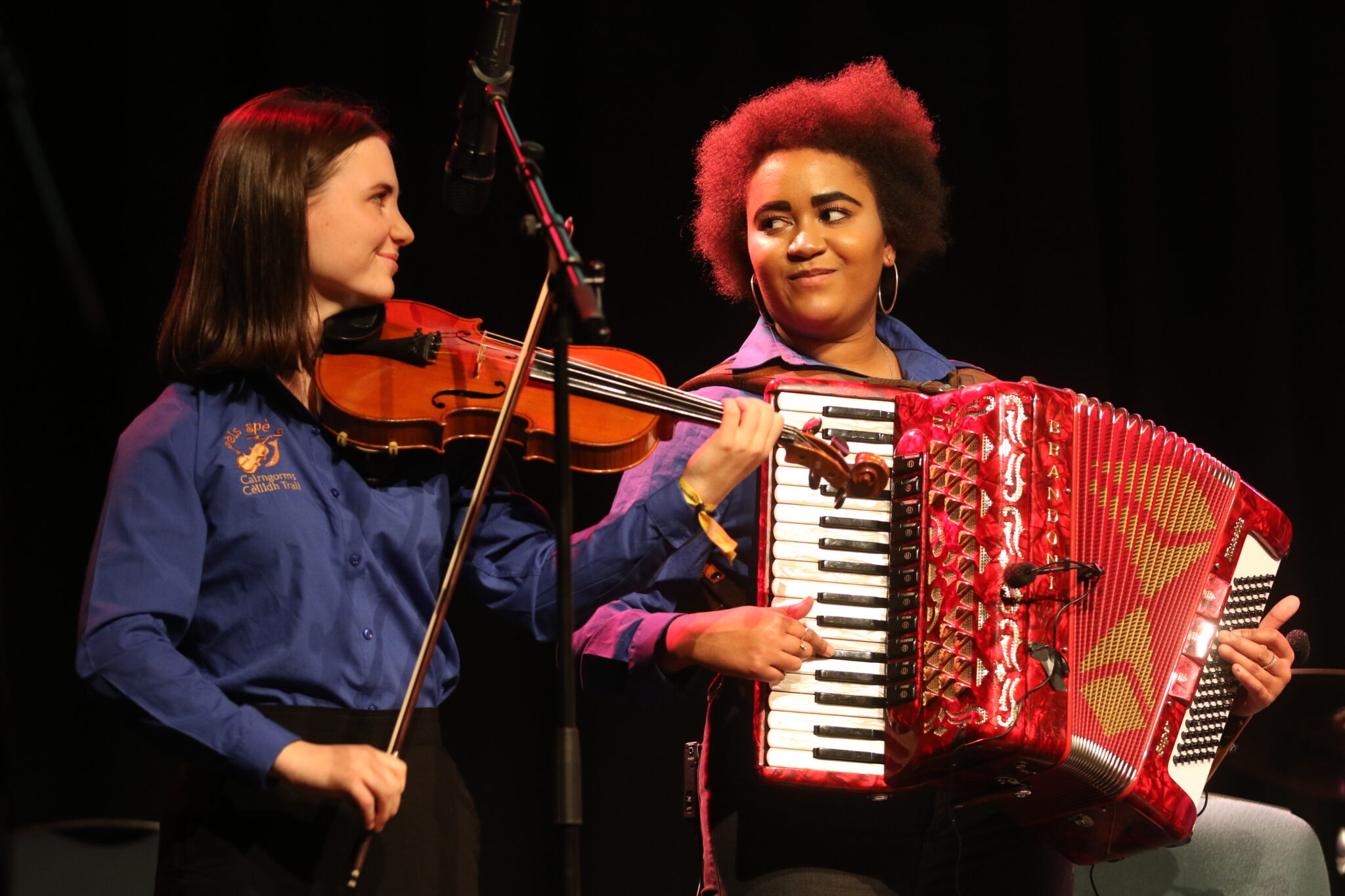
There’s nothing quite like the buzz of a festival. Whether it’s soaking up the atmosphere (and the weather!) at a multi-stage outdoor extravaganza or enjoying spine-tingling performances in intimate, one-off venues, festivals offer unforgettable cultural encounters and some of our most memorable shared experiences.
With Edinburgh’s Tradfest kicking-off this weekend, we’re highlighting some of the festivals we’re proud to support here at the William Grant Foundation under our Scottish Culture and Heritage theme and explaining why we think festivals matter.
Festivals support artists and performers.
For emerging artists, festivals can be valuable opportunities to get paid for their work and be stepping-stones in their careers.
Festival audiences mean artists can reach more people and benefit from media coverage and PR.
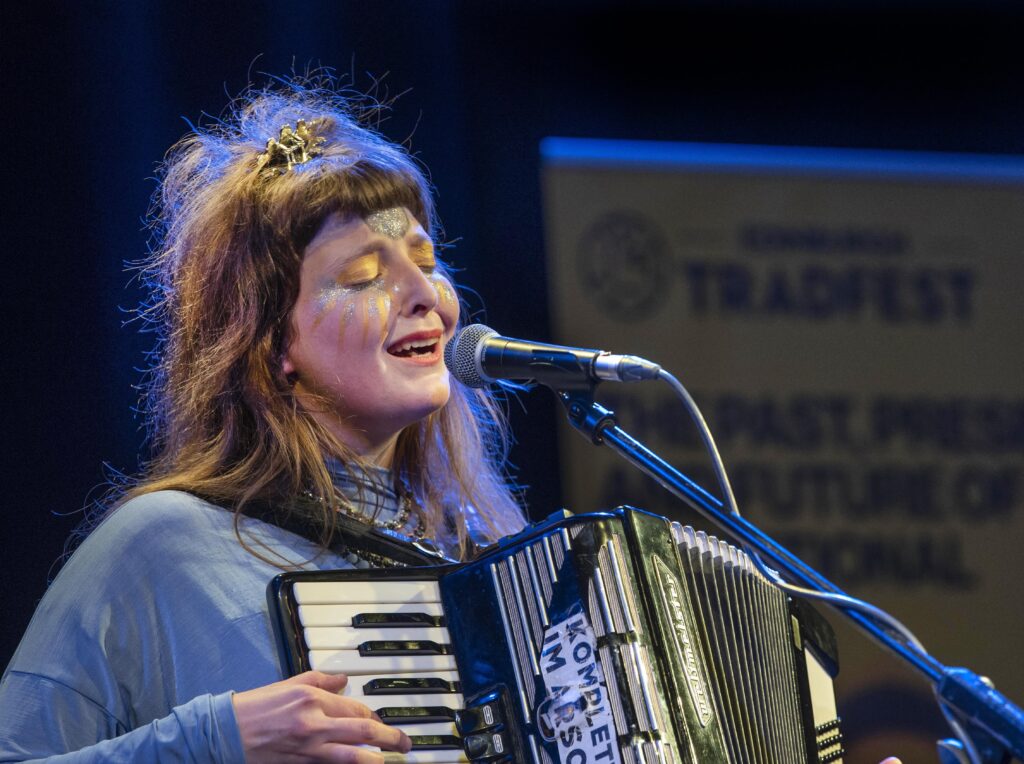
Edinburgh Tradfest (2-12 May) presents music from Scotland and around the world. An extensive line-up features both established and up-and-coming artists with a strong focus on distinctive and contemporary interpretations of musical traditions.
Photo credit: Douglas Robertson Photography.
Festivals can connect audiences to niche artforms and experimental work.
Audiences are more likely to take risks at festivals – going to shows they might not normally leave the house for, trusting the organisers to have programmed good things they’re likely to enjoy.
Push the Boat Out (Edinburgh, 21-23 Nov) gives poetry a new platform, showcasing the vibrancy and range of contemporary poetry, hip hop, and spoken word from Scotland, the UK, and further afield.
Photo credit: Chris Scott/Push the Boat Out.
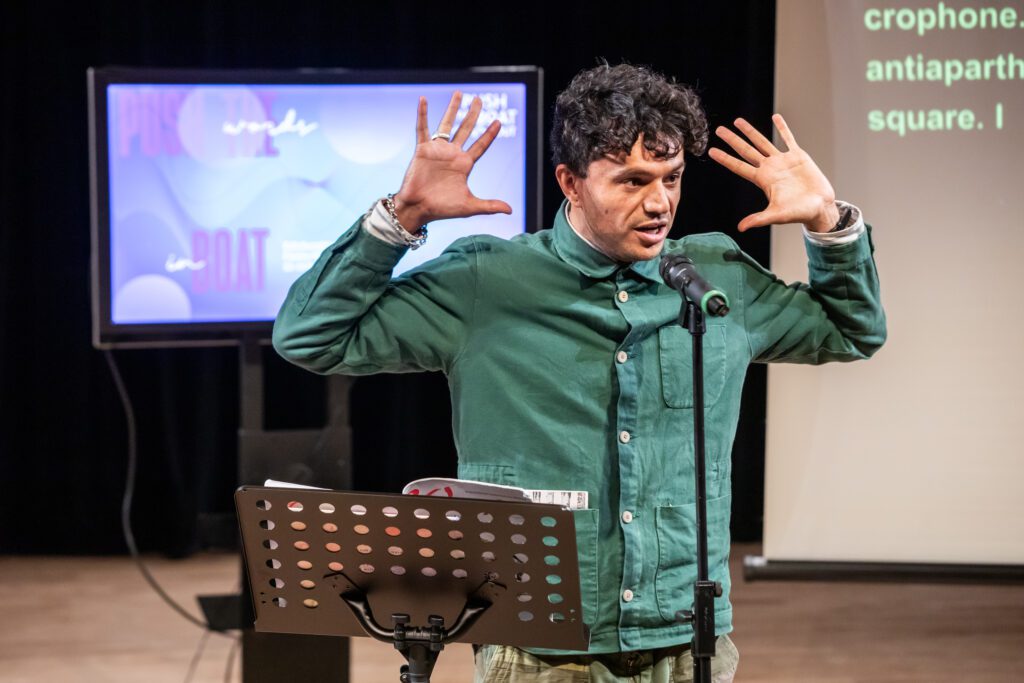
Festivals provide a chance for artists to see each other’s work, meet and inspire each other.
This can stimulate unexpected collaborations and enhances another benefit of festivals: cultural preservation and innovation. They provide a space for traditional arts to be practised, passed-on and enjoyed while also encouraging contemporary reinterpretations.
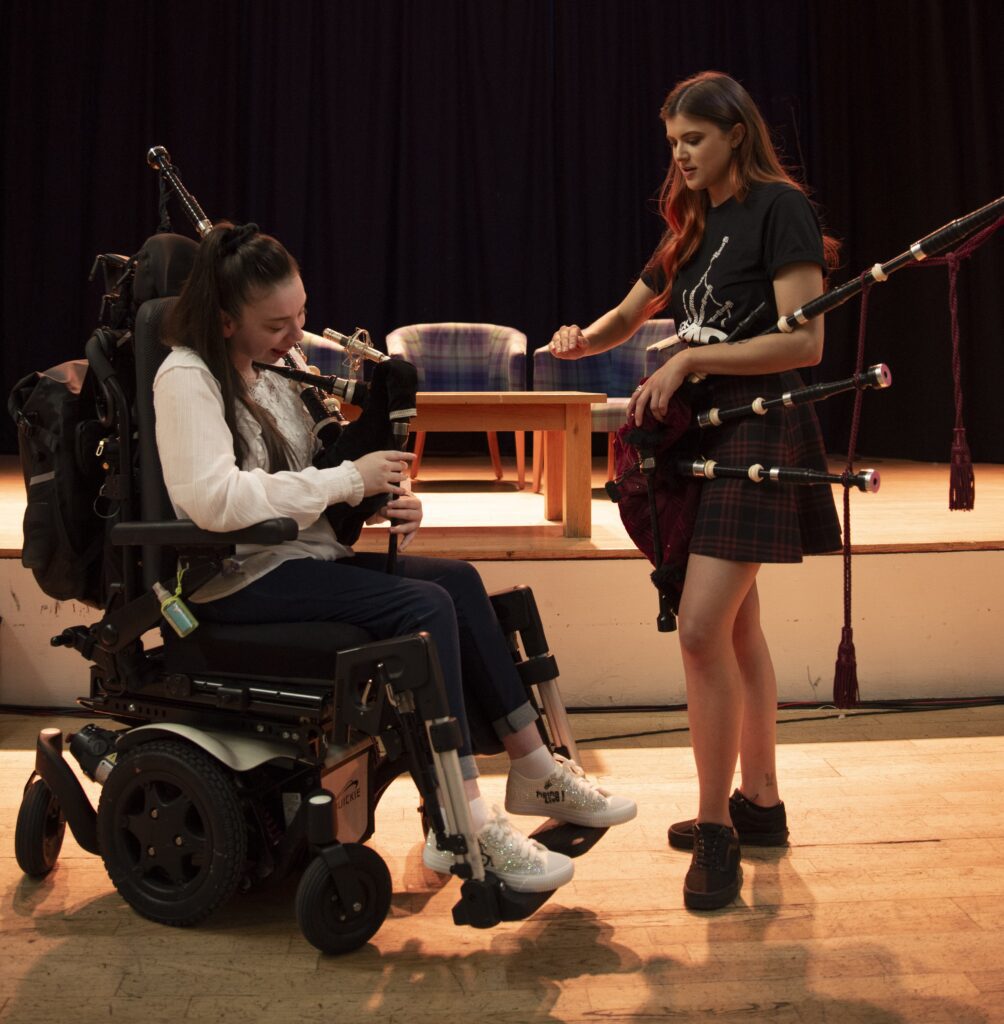
Piping Live! (11-17 Aug) is the world’s largest festival of bagpiping, drawing performers from different piping traditions across the world to Glasgow for a weeklong programme of concerts, talks and masterclasses.
Photo credit: The National Piping Centre.
A festival programme is more than the sum of its parts.
It allows themes, connections or genres to be explored, showcased and celebrated – often with ancillary events like talks, film screenings etc. This can include education and outreach – many festivals include workshops, school programmes, or accessible performances that engage young people or under-served communities.
Féisean Nan Gaidheal supports 47 community-based Gaelic arts festivals across Scotland, creating opportunities for young people to learn traditional music and Gaelic language.
Photo of Fèis Lochabair courtesy of Féisean Nan Gaidheal.
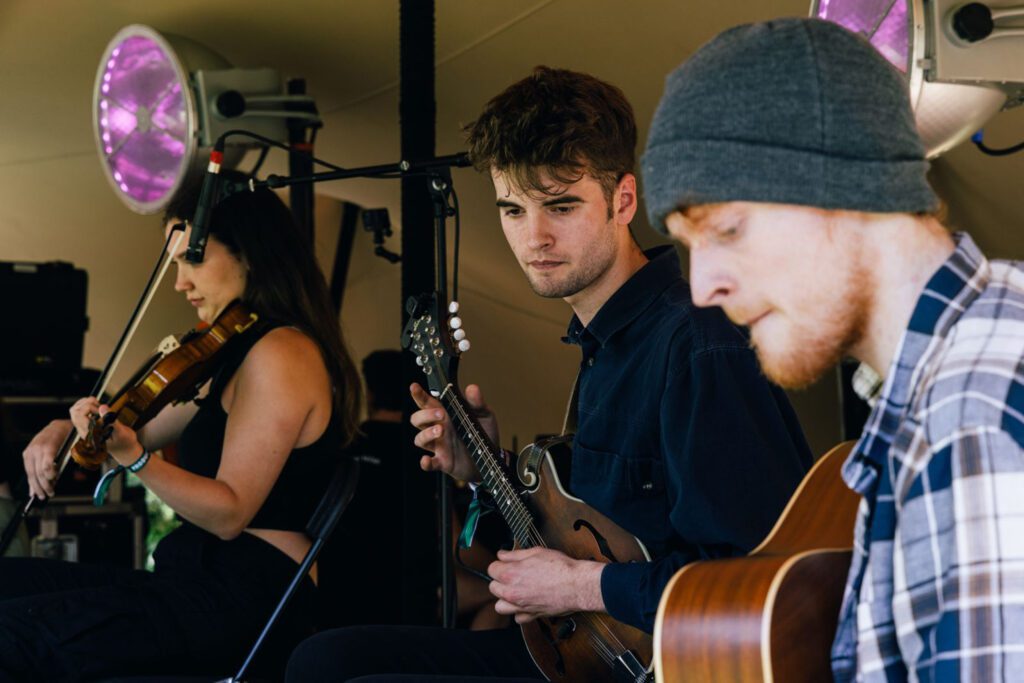
Festivals build legacies.
Although, by definition, they are temporary events, festivals often create long-term benefits by inspiring year-round activity, new commissions, or future collaborations.
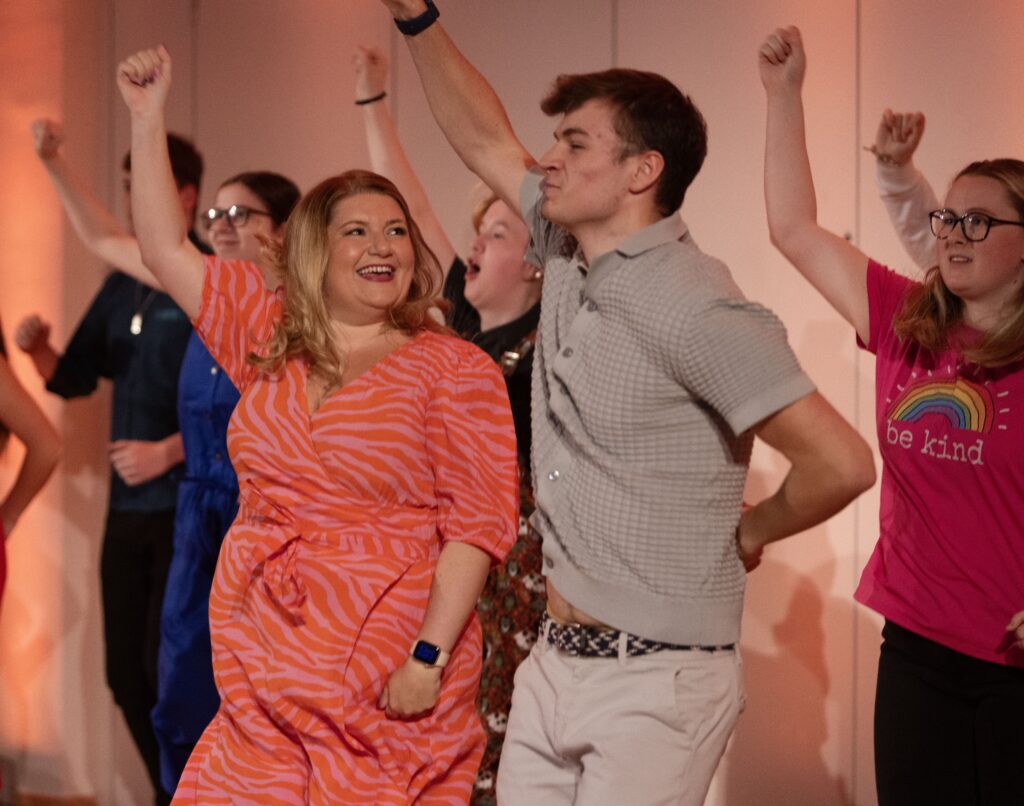
The Cumnock Tryst (East Ayrshire, 2-5 Oct) also runs a year-round programme of classical music concerts, community arts projects and composition workshops in local schools, making music an animating force in the regeneration of a former coalmining community.
Photo of The Cumnock Tryst Tenth Birthday Gala Concert.
Festivals promote community identity, stimulate local pride, and boost economies.
Events attract tourists and help put their host communities on the map.
Dumfries & Galloway Arts Festival (15 May – 1 June) is Scotland’s largest rural performing arts event, adding to the reputation of Southwest Scotland for both natural beauty and cultural richness.
Photo of D&G Arts Cirqulation by Aaron Macnamara.
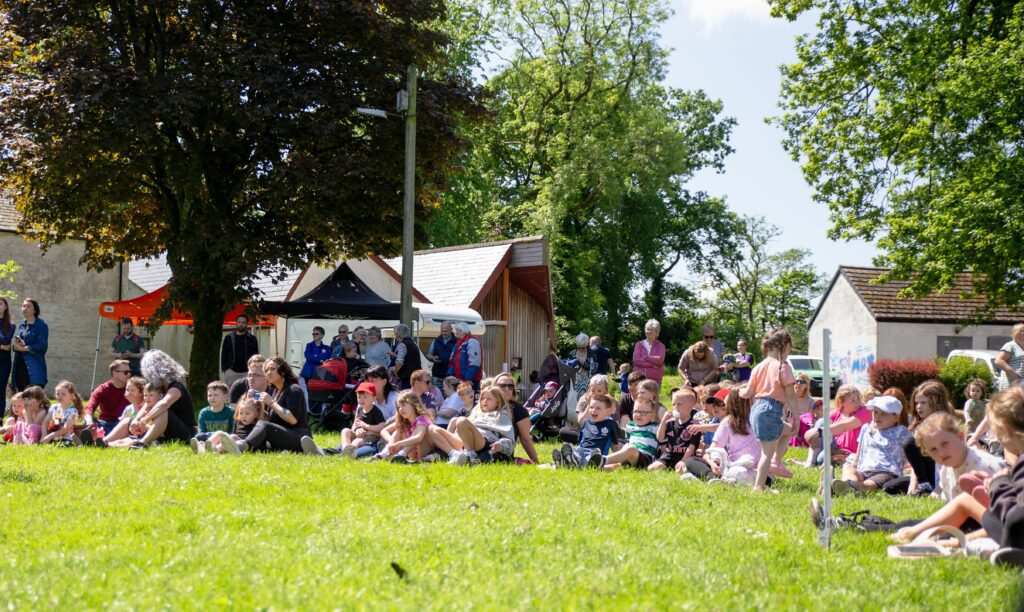
Each of the festivals we support with our funding brings something unique to Scotland’s cultural landscape, but they are just a few of the hundreds taking place in Scotland through the year – from major international events in our cities to celebrations of local traditions in towns and villages. Collectively, festivals contribute to our quality of life at home and Scotland’s reputation abroad.
We believe festivals are more than moments in the calendar – they are powerful catalysts for creativity, connection and cultural continuity. By supporting them, we are investing in artists, in communities, and in the shared stories that shape who we are.
They may last from a couple of days to a few weeks but often take a whole year of hard work to organise. So, whether you’re attending, volunteering, organising, or performing – we celebrate everyone involved in helping make this part of Scotland’s cultural life so rich, diverse and vibrant.
Here’s to another brilliant festival season!
